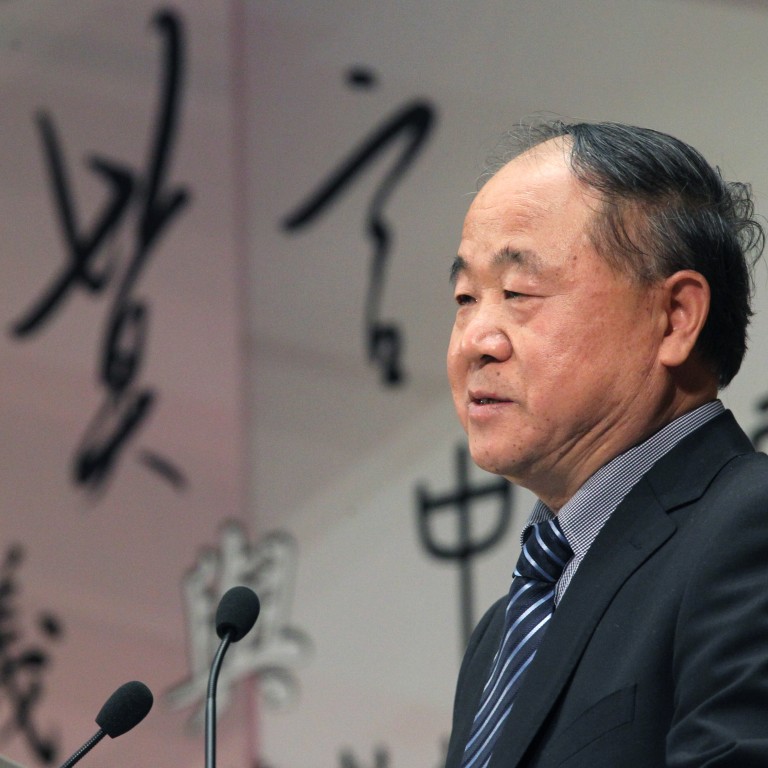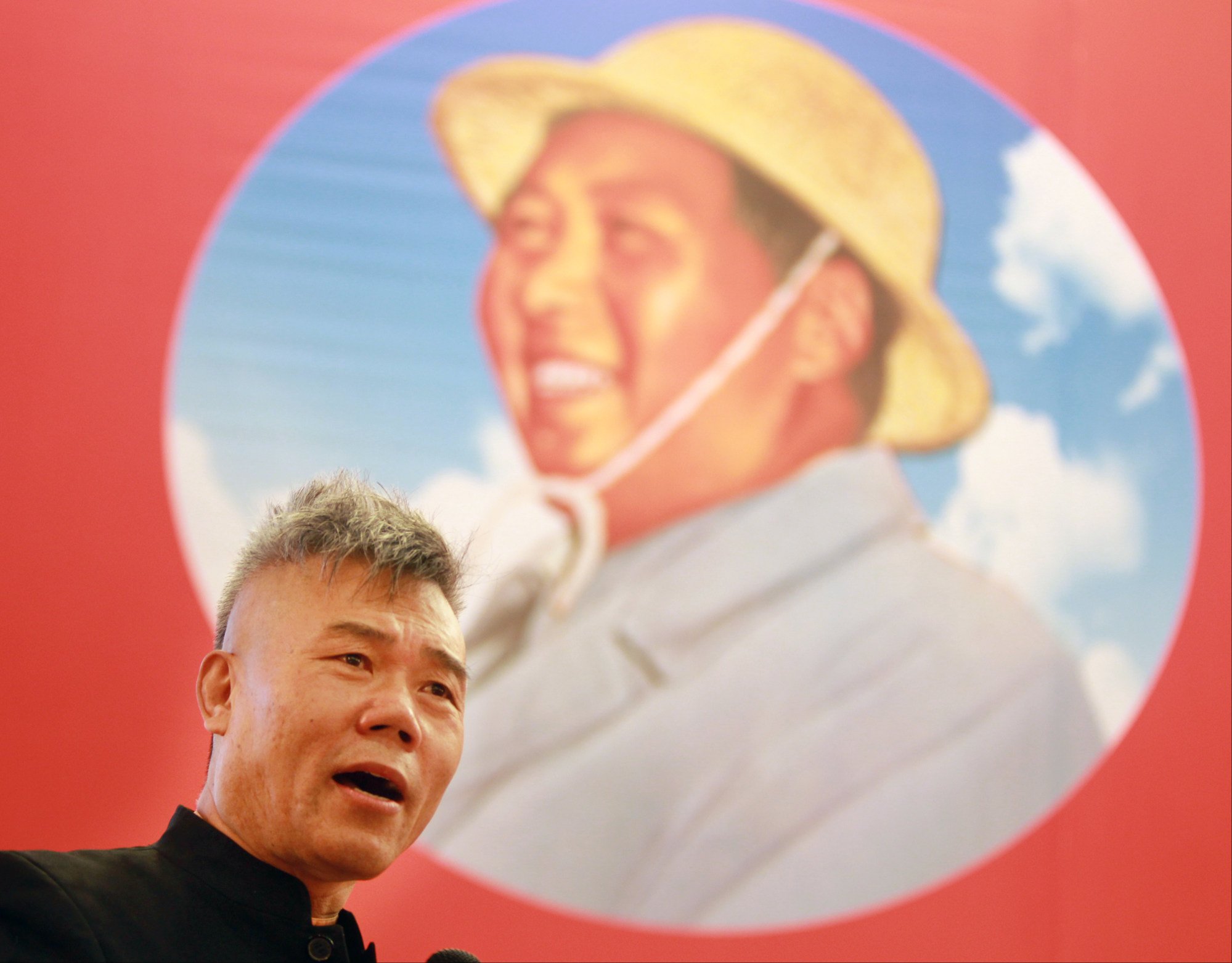
On top of censorship, Chinese writers now have to contend with attacks from patriotic trolls, and that’s worrying
- Nationalistic commentator Sima Nan has sparked debate about the role of literature following his attack on Nobel laureate Mo Yan for failing to celebrate China
- Perhaps he is hoping to ride the wave of patriotism surging across China, but this is a worrying development for the Chinese literary scene
Back in 2012, novelist Mo Yan became the first Chinese citizen to win the Nobel Prize in Literature.
To make his case, Sima cited a speech in which Mo said: “I have a prejudice. I think literature should never be a tool for singing praises. Literature and art should expose darkness and reveal social injustice, which includes revealing the dark side of the human soul and what evil is made of.”
This is not the first time the pundit has attacked a big name. This time, Sima’s videos sparked online debate, as people argued about the role of literature and took the side of either Sima or Mo. Some of Sima’s 30 million online followers cheered him on, while Mo was called names.
Mo’s win stirred up controversy from the outset. After the announcement in 2012, dissidents such as Yu Jie and Ai Weiwei questioned the award while others wondered if Mo, as vice-chair of the China Writers Association, was too close to the establishment to merit the honour. It was also noted at the time that Mo had hand-copied a transcript of a 1942 speech by Mao Zedong ordering writers to serve the Communist Party.
Still, Mo probably would not have expected such a vicious attack by a leftist compatriot 10 years on.

I don’t agree with Sima. It isn’t fair for him to cast doubt on the Swedish Academy’s motives. One can’t assume an organisation is anti-China simply because it is Western. The prize is a literary award and I don’t think it is given to writers with the intention of undermining governments.
I, for one, was overjoyed when I heard the news of Mo’s win. I’ve read quite a few of his novels and I love his early works, such as the novel Red Sorghum, for his creative use of language, non-chronological narration and folk-tale elements.
Why I’m still in Hong Kong, and still writing this column
I don’t think Mo’s depiction of Chinese rural life is particularly negative. In Red Sorghum, for example, he does write about the poverty, hardship and fighting between rival gangs, but it all rings true. In many ways, such descriptions show the international reader just what formidable challenges modern China faces, and thus make the nation’s achievements all the more impressive.
Sima obviously has different ideas about the role of literature in China. His main bone of contention is Mo’s failure to praise. In Sima’s view, literature can and should sing the praises of the motherland, the people, and the beautiful life in the country.
Sima is no writer, but perhaps he is a journalist of sorts. If he were to write anything, it would most likely be propaganda, not literature.
I had the pleasure of meeting and befriending Sima back in the 1990s, when he was waging war on pseudoscience. I was impressed by his quick wit, charm and courage in seeking the truth. Over the years, he seems to have become an anti-US warrior and a staunch defender of the Communist Party. Which, of course, is fine.
But I do find his attack on the Nobel laureate worrying. Life is not easy for any writer in the world. It is especially hard for Chinese writers, who have to endure stifling censorship. The effect that this has on creativity is one of the reasons the Chinese literary scene is not as vibrant as it should be.
Now, Chinese writers have to be mindful of patriotic trolls like Sima and his followers, too.
Fortunately, not everyone seems to be buying Sima’s theory. In some corners of the internet, there is support for Mo.
Mo Yan is a pen name which means “don’t speak”. The novelist has not spoken out since Sima’s verbal assault, which is wise. We do, however, want him to speak creatively and freely through his writing.
Lijia Zhang is a rocket-factory worker turned social commentator, and the author of a novel, Lotus


